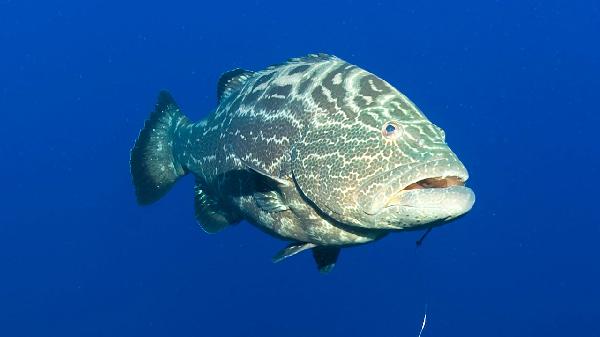Understanding Animal Fats
Animal fats are found in foods like meat, dairy, and eggs, and they come in various forms, including saturated and unsaturated fats. Saturated fats, which are prevalent in fatty cuts of meat and full-fat dairy products, have been linked to increased cholesterol levels and heart disease risk. On the other hand, unsaturated fats, such as those found in fatty fish like salmon, can have beneficial effects on heart health and inflammation. It’s important to distinguish between these types of fats rather than demonizing all animal fats.

The Role of Fats in Weight Management
Fats are calorie-dense, providing nine calories per gram compared to four calories per gram for carbohydrates and proteins. Reducing fat intake can lower overall calorie consumption, which may help with weight loss. However, fats also play a crucial role in satiety, helping you feel full and satisfied after meals. Completely eliminating fats, including healthy ones, can lead to increased hunger and overeating, potentially undermining weight loss efforts.
Quality Over Quantity
The quality of the fats you consume matters more than the quantity. Replacing unhealthy saturated fats with healthier options, such as monounsaturated and polyunsaturated fats from plant sources or fatty fish, can improve overall health and support weight management. For example, swapping butter for olive oil or choosing lean cuts of meat over processed meats can make a significant difference.
Individual Factors to Consider
Not everyone responds to fat reduction in the same way. Genetics, activity levels, and metabolic health all influence how your body processes and stores fat. Some individuals may thrive on a lower-fat diet, while others may benefit from a higher-fat, lower-carbohydrate approach. Consulting with a healthcare professional or nutritionist can help tailor dietary choices to your specific needs.
The Bigger Picture: Diet and Lifestyle
Focusing solely on cutting animal fats without considering the broader context of your diet and lifestyle is unlikely to yield sustainable results. A balanced diet rich in whole foods, combined with regular physical activity, is essential for achieving and maintaining a lean physique. Incorporating a variety of nutrient-dense foods, including lean proteins, whole grains, fruits, vegetables, and healthy fats, can support overall health and weight management.
Potential Pitfalls of Fat Reduction
Eliminating too much fat from your diet can lead to nutrient deficiencies, as fats are necessary for the absorption of fat-soluble vitamins like A, D, E, and K. Additionally, low-fat diets often contain added sugars and refined carbohydrates to compensate for the lack of flavor, which can negatively impact blood sugar levels and weight. It’s crucial to strike a balance rather than adopting an extreme approach.
Practical Tips for Managing Fat Intake
To make informed choices about animal fats, consider the following tips:
1、Opt for lean cuts of meat and remove visible fat before cooking.
2、Choose low-fat or fat-free dairy products if you consume them regularly.
3、Incorporate fatty fish like salmon, mackerel, or sardines into your diet for their heart-healthy omega-3 fatty acids.
4、Use healthier cooking methods, such as grilling, baking, or steaming, instead of frying.
5、Read food labels to identify hidden sources of unhealthy fats in processed foods.
The Bottom Line
























